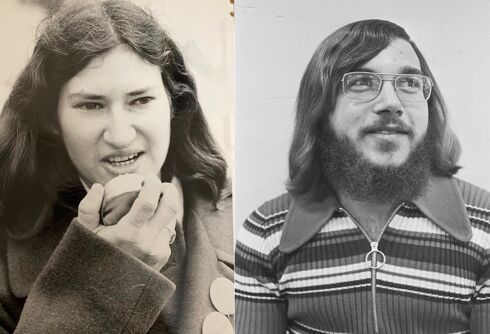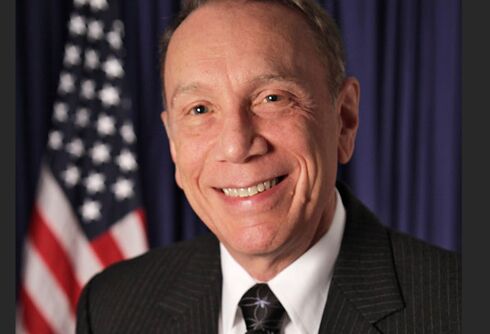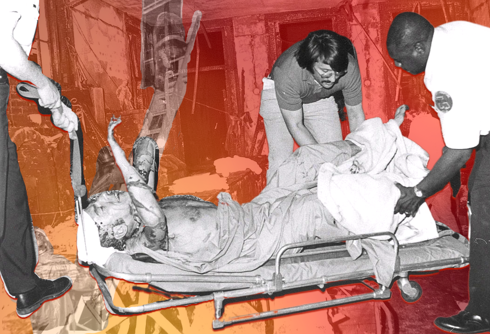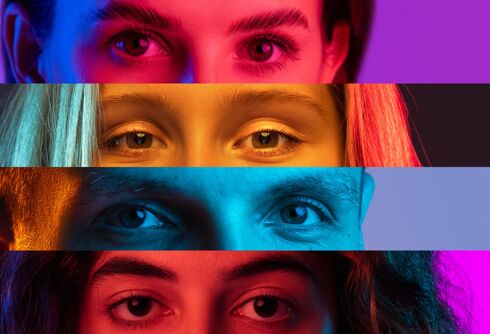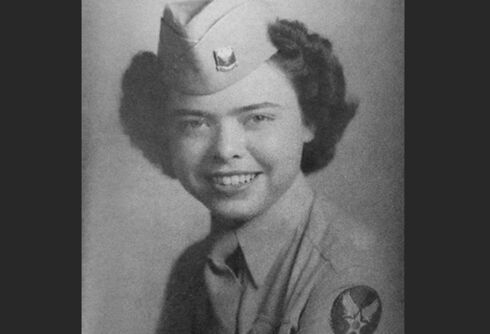In a world that is becoming increasingly aware of the importance of embracing diversity and acknowledging the stories of marginalized communities, Nigeria stands as a complex backdrop. Despite a long history of anti-LGBTQ+ sentiment and legislation, the country has seen the emergence of organizations like Obodo Nigeria, which is dedicated to celebrating and conserving Africa’s queer history. “We are an organization that uses art and technology as a medium for advocacy for LGBTQ+ rights in Nigeria,” Matthew Blaise, founder of Obodo Nigeria tells LGBTQ Nation.
Nigeria, like several other African nations, has been caught in the grip of anti-LGBTQ+ hostility. The Same-Sex Marriage Prohibition Act, passed in 2014 by former president Goodluck Ebele Jonathan, is a testament to the stigma LGBTQ+ endure, as it criminalizes same-sex relationships and activism. This legislation not only infringes upon the basic human rights of LGBTQ+ individuals but also perpetuates a culture of fear and secrecy, making it difficult for queer individuals to express themselves openly.
Related:
This bisexual Black anarchist escaped from prison twice in the name of radical revolution
Kuwasi Balagoon was a New Afrikan Anarchist who viewed Black Americans as a “subjugated nation” that deserved to resist the conditions forced onto them.
But for centuries, diverse sexual orientations and gender identities have existed within African communities, contributing to the vibrant tapestry of African cultures. However, the pervasive stigma, discrimination, and criminalization of homosexuality have silenced these narratives for far too long.
Never Miss a Beat
Subscribe to our newsletter to stay ahead of the latest LGBTQ+ political news and insights.
One of the many facets from which homophobia stems is the idea that homosexuality is very much a Western import. Amidst these challenging environments and narratives, Obodo Nigeria has positioned itself as an avenue to educate folks on the history of homosexuality in Africa through the lens of art.
Obodo, which means “village” in several Nigerian languages, embodies the idea of inclusivity and community. The organization employs various artistic mediums – including art, literature, music, and theater – to tell the stories of African LGBTQ+ individuals who have often remained invisible.
Earlier this year, Matthew Blaise and their team organized an exhibition called Awa Ni Bi. It spoke to how homosexuality did not originate in the West.
“A few months ago,we held this exhibition called the Awa Ni Bi exhibition, where we showcased the works of artists, like Rachel Seidu, Alexandra Obochi, Yagazie Emezi, Daniel Obasi, and a host of others,” Blaise says. In order to achieve this, they used the three-day event to host exhibitions, panel discussions, intimate gatherings, and zine workshops, which contained ancient contexts of queerness and its longstanding relationship with the African continent. One of these panels, for example, discussed the Orishas, ancient gods from the western part of Nigeria that were largely non-binary.
Art is a powerful tool for social change and activism, and Obodo Nigeria utilizes it to challenge prevailing stereotypes and misconceptions surrounding LGBTQ+ individuals in Africa. By showcasing the artistic talents of queer Africans, the organization not only provides a platform for self-expression, but it also fosters a sense of pride and unity within the LGBTQ+ community. In presenting these stories in an accessible and relatable manner, the organization encourages empathy and understanding, gradually breaking down the walls of prejudice and discrimination.
Acknowledging and celebrating Africa’s queer history is not only an act of social justice, but also an essential step towards a more inclusive and accepting society. “The LGBTQ+ community has always existed within African communities, contributing to the continent’s cultural wealth,” Blaise shares, “and by silencing our stories, they’re depriving themselves of a deeper understanding of our own history and diversity.”
Organizations like Obodo Nigeria remind us that queer Africans are not a recent import but rather a vital part of our shared heritage. Embracing this history allows us to bridge the gap between tradition and modernity, challenging harmful stereotypes and fostering an environment where all Africans can live authentically. In a nation where anti-gay sentiments have often overshadowed the voices of LGBTQ+ individuals, Obodo Nigeria serves as a catalyst for change. The organization stands as a testament to the resilience and strength of the LGBTQ+ community in Africa.












